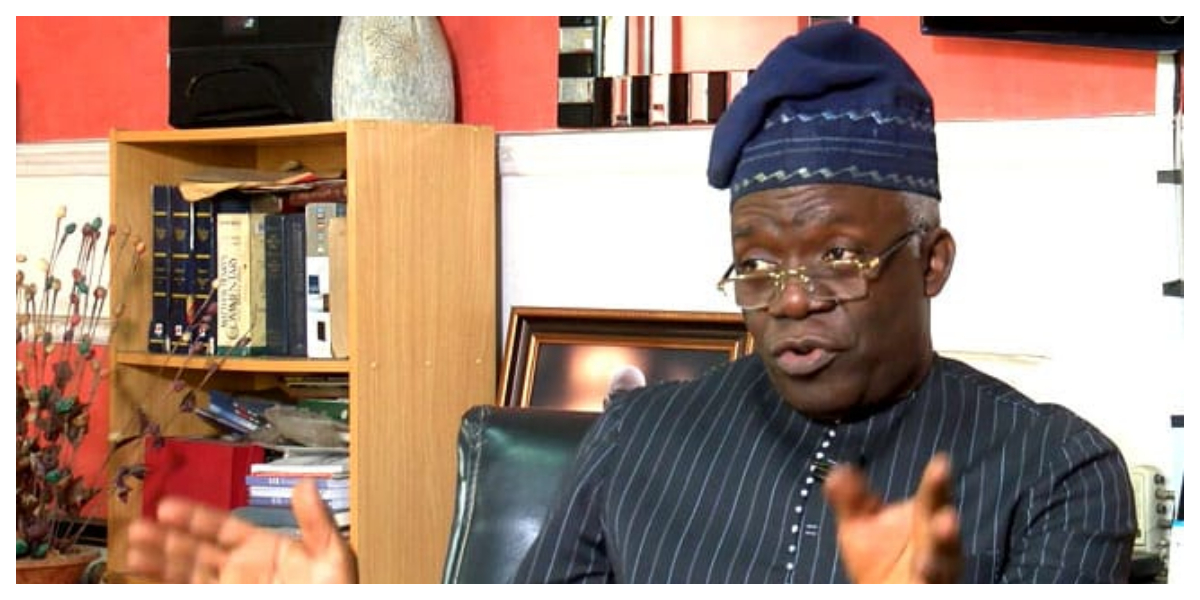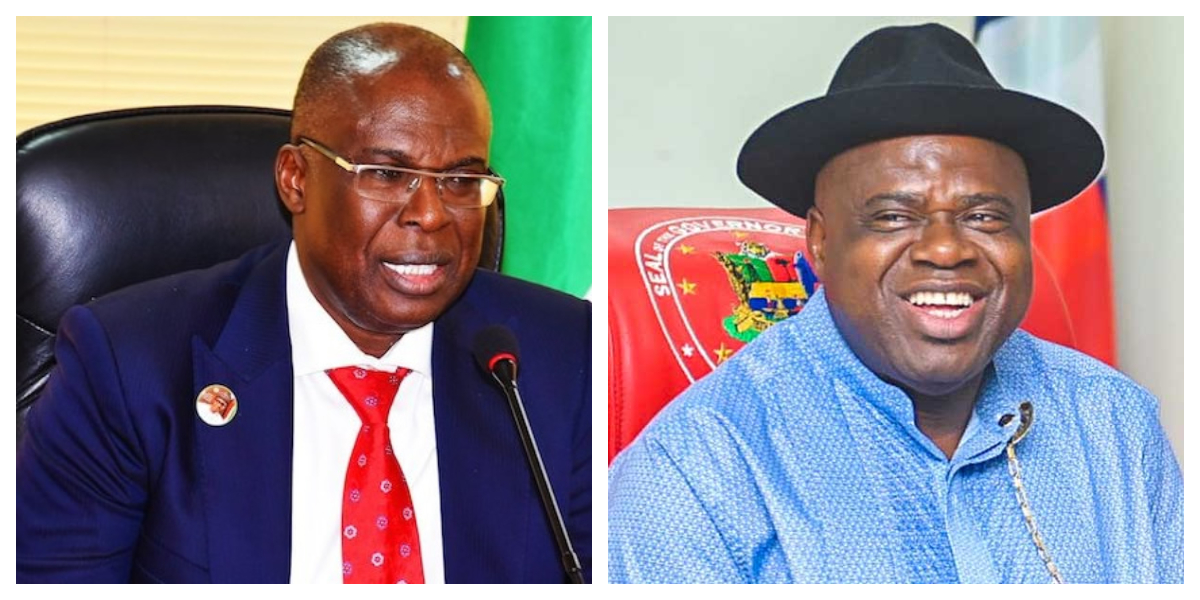Amidst growing controversy surrounding the Economic and Financial Crimes Commission, EFCC, human rights lawyer Femi Falana has emphasized the agency’s importance.
Falana’s stance comes as 16 state governors seek to scrap the EFCC, citing constitutional inconsistencies.
The governors, representing Ondo, Edo, Oyo, Ogun, Nassarawa, Kebbi, Katsina, Sokoto, Jigawa, Enugu, Benue, Anambra, Plateau, Cross River, and Niger, filed a suit challenging the EFCC’s legality.
Cyber Reporters gathered that the Supreme Court has scheduled a hearing for October 22.
Falana in an interview disagreed with the governors’ stance, advocating reforms to ensure the EFCC’s autonomy rather than abolishing it.
“The EFCC and ICPC have come to stay,” Falana stated. “We should demand measures to free them from government control.”
He emphasized the importance of these agencies in combating economic crimes, financial crimes, and corruption.
Falana pointed to previous Supreme Court rulings, which declared the EFCC and ICPC “common agencies” for fighting corruption, not under federal government control.
He said: “For me, the ICPC and the EFCC like the Code of Conduct Tribunal, have come to stay. What we should be demanding are measures to make these institutions autonomous, not under the control of any government.
“And the Supreme Court has maintained rather repeatedly concerning the EFCC and EFCC; that these are common, they shouldn’t be under the control of the Federal Government.
“They are common agencies to fight economic crimes in our country, to fight financial crimes in our country, to fight corruption in our country.”






